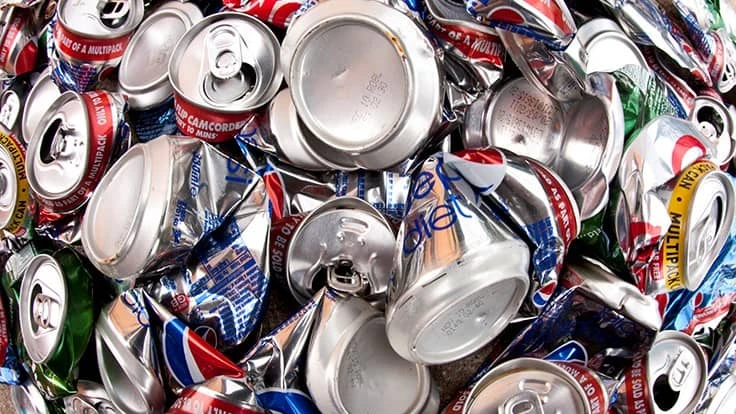
© Steve Allen - dreamstime.com
The Can Manufacturers Institute (CMI), Washington, has awarded Gel Recycling, a material recovery facility (MRF) in Port Orange, Florida, with a $50,000 aluminum can capture grant to help the MRF recover more beverage cans. The MRF plans to use the grant to invest in aluminum can capture equipment as part of a larger facility upgrade. Ardagh Metal Packaging, a supplier of metal packaging solutions with global headquarters in Luxembourg, and Crown Holdings, Yardley, Pennsylvania, both provided funds for the grant.
CMI partnered with The Recycling Partnership, Falls Church, Virginia, to evaluate and select grantees for this program. According to a news release from The Recycling Partnership, Gel Recycling’s investment in new aluminum can capture equipment will result in 3.5 million more beverage cans captured at Gel Recycling that had previously been missorted.

Gel Recycling is a dual-stream MRF that processes 24,000 tons per year mostly from Volusia County on Florida’s northeast coast. The Recycling Partnership reports that Gel Recycling is planning to purchase a metal detector in addition to its optical sorter to help eliminate used beverage cans (UBCs) from being missorted into the MRF’s plastics pile.
According to CMI, the new metal detection equipment added cost $400,000. The grant covered a portion of the cost and Gel paid for the remaining cost.
According to The Recycling Partnership, Gel Recycling will generate an estimated $56,000 in new annual revenue once it can recover 3.5 million additional cans with the help of the new metal detection equipment.
“The environmental and economic impact of recycling aluminum cans is astounding,” says CMI President Robert Budway. “Can manufacturers like Ardagh and Crown ultimately convert billions of used beverage cans into new cans each year, which is why the aluminum beverage can is the textbook example of the circular economy. These grants ensure millions more aluminum beverage cans complete the circular journey into new cans, which can happen infinitely since metal recycles forever.”
The Recycling Partnership says Texas Recyclers, Houston, and Curbside Management, Ashville, North Carolina, were the first two grant recipients in this program. The organization reports that equipment installed by these first two recyclers through the grant funding will result in more than 36 million aluminum cans captured and recycled each year that would have otherwise been missorted.
Latest from Recycling Today
- Green Cubes unveils forklift battery line
- Rebar association points to trade turmoil
- LumiCup offers single-use plastic alternative
- European project yields recycled-content ABS
- ICM to host colocated events in Shanghai
- Astera runs into NIMBY concerns in Colorado
- ReMA opposes European efforts seeking export restrictions for recyclables
- Fresh Perspective: Raj Bagaria







